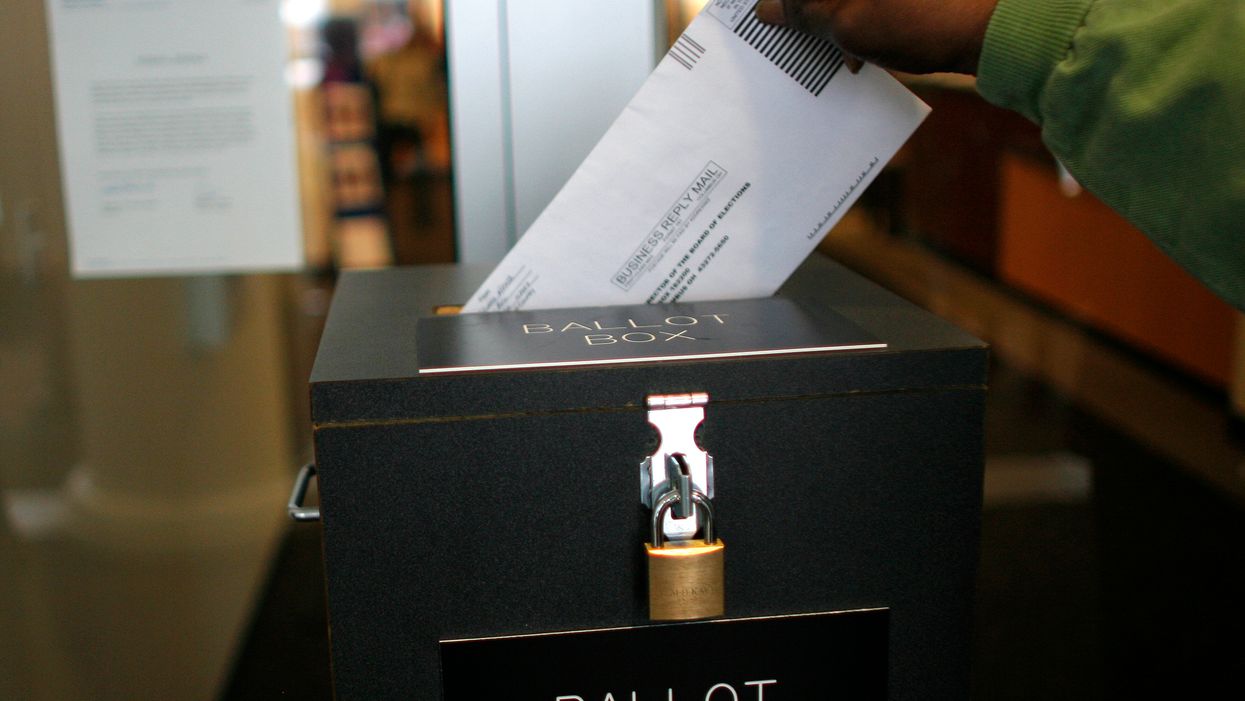More than 7,000 Ohioans were delayed or blocked in trying to get absentee ballots for last fall's local elections and ballot initiatives, entirely because of missing or unfamiliar signatures on their applications, The Associated Press reported Monday after analyzing records statewide.
Signature requirements, and the vagaries of matching the handwriting on file to the marks on a fresh form, are becoming a big issue as more and more places ease the rules early voting or otherwise conduct elections by mail.
Ohio, one of the nation's most populous electoral bellwethers, has allowed no-excuse absentee voting by mail since 2005, and another 33 states will do the same as of next year. The roster of states that conduct all elections by mail will grow to eight when Hawaii and Utah debut their systems in 2020. All those places say the idea is to boost turnout by making voting easier, but officials in the states with stricter rules say they're guarding against fraud.
At the center of the debate are signature rules and the subjective standards that officials — generally without any training as handwriting analysts — use to match the scratches on file with the squiggles on applications. Lawsuits are underway in Texas and Georgia after the American Civil Liberties Union won suits last year loosening the mail-in voting rules in California and New Hampshire.
After making public information requests to Ohio's 88 county boards of elections, the AP revealed that in almost a quarter of the counties (21), more than 6,500 absentee ballot applications were turned down flat because a signature was either missing or didn't match what was on file. Another five counties reported rejecting a combined 850 applications for other, unspecified reasons.
The records of just 12 counties showed no applications rejected because of signature issues. The rest, more than half the counties, said they had no records about the fate of rejected applications.
About one in six of Ohio's 8 million registered voters cast absentee ballots last year.
When he was a state legislator, Republican Secretary of State Frank LaRose promoted legislation allowing voters to apply for absentee ballots online, which would obviate the need for a handwritten signature. The bill is on the agenda for the GOP-majority General Assembly to debate early next year.
The current law says a request for an absentee ballot "need not be in any particular form," although it also lists a valid signature among eight or more pieces of information required, depending on the type of election. (The signature requirements for a completed absentee ballot are even more strict.)




















Trump & Hegseth gave Mark Kelly a huge 2028 gift